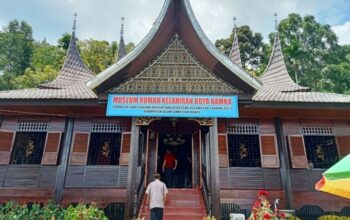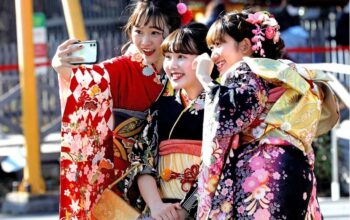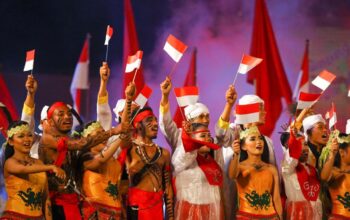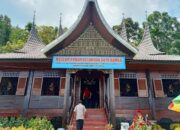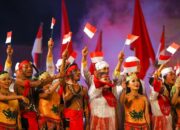Merdeka Belajar Menurut Ki Hajar Dewantara
What do you mean by Merdeka Belajar?
Merdeka Belajar is a concept in education that emphasizes the idea of freedom in learning. It promotes a learner-centered approach, where students have the autonomy to choose what they want to learn and how they want to learn it. This concept encourages students to be active participants in their own education and to take responsibility for their learning journey.
How does Merdeka Belajar work?
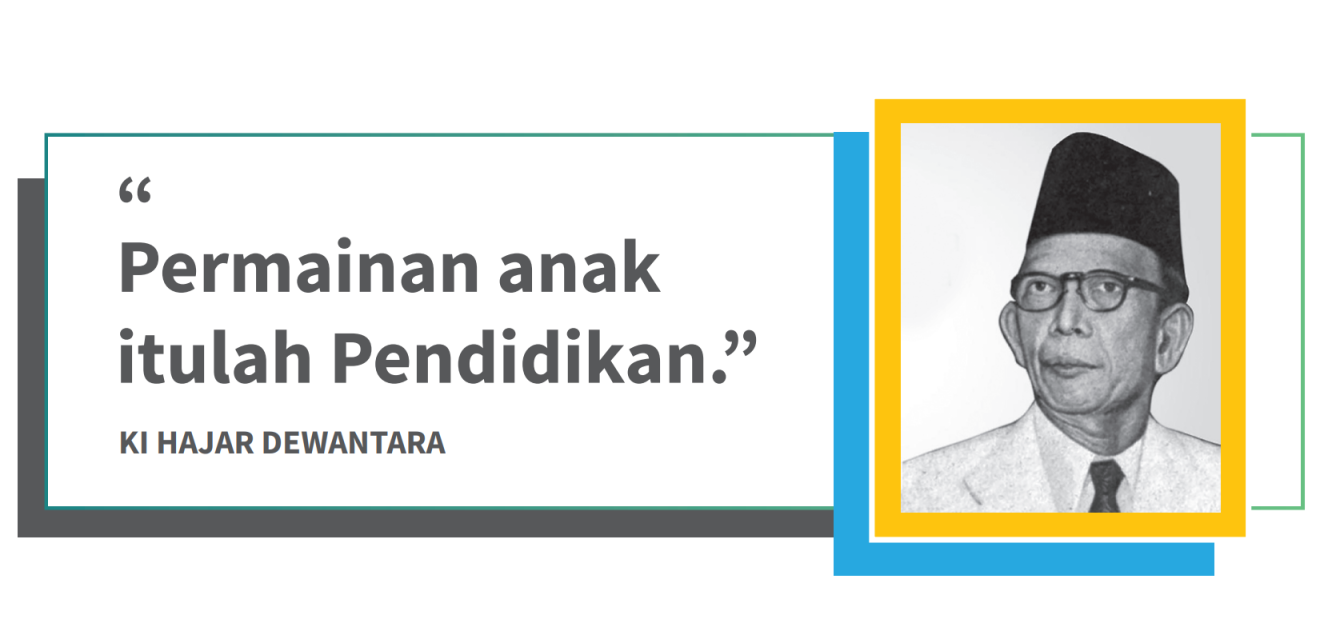
In the Merdeka Belajar approach, students are given the freedom to explore their interests and passions. They have the flexibility to choose their learning paths, subjects, projects, and even the pace at which they want to learn. This approach aims to foster a love for learning and to develop critical thinking, creativity, and problem-solving skills among students.
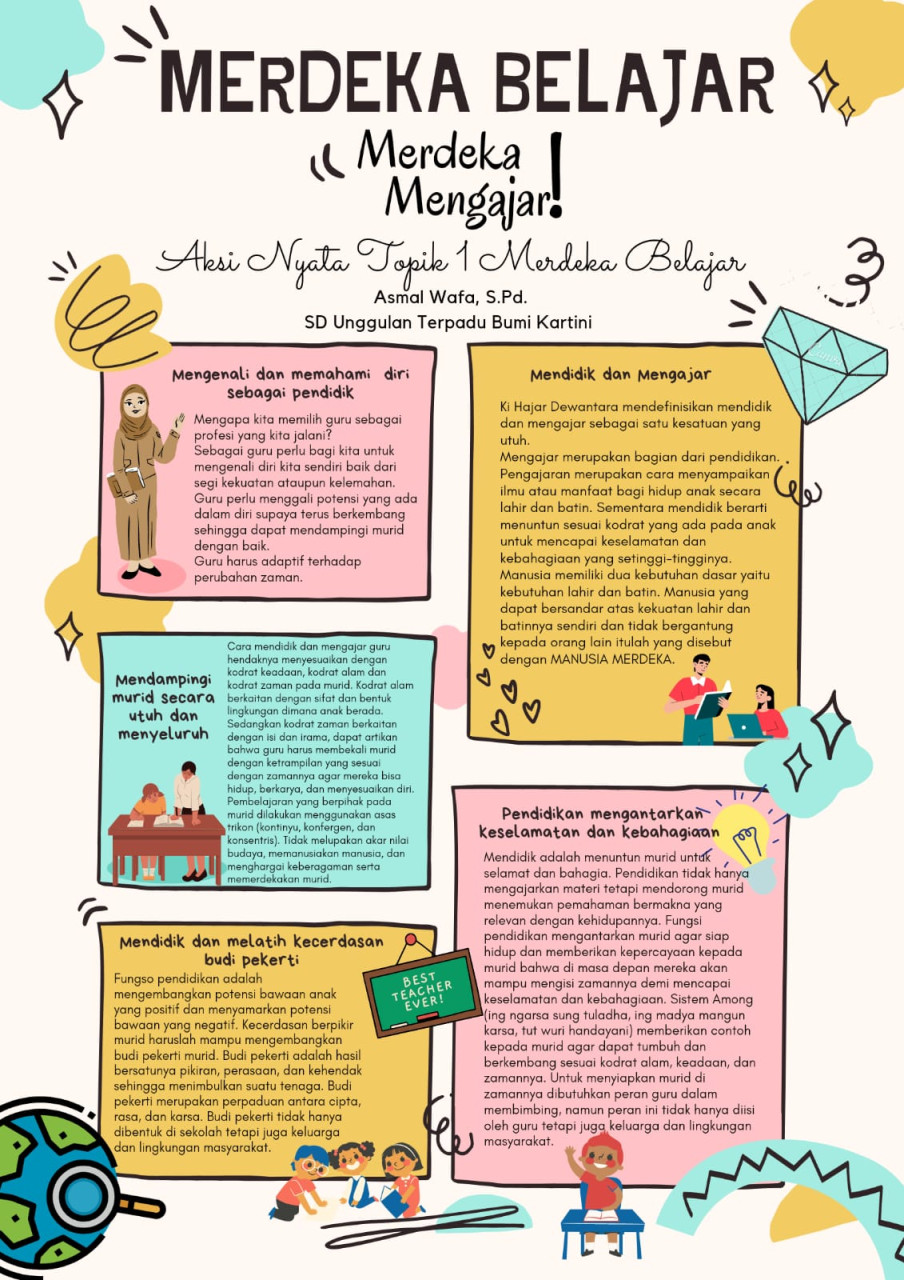
Teachers play a crucial role in facilitating the Merdeka Belajar process. They act as guides and mentors, providing support and guidance to students as they navigate their learning journey. Teachers also help students set goals, design learning experiences, and assess their progress.
What is known about Ki Hajar Dewantara?
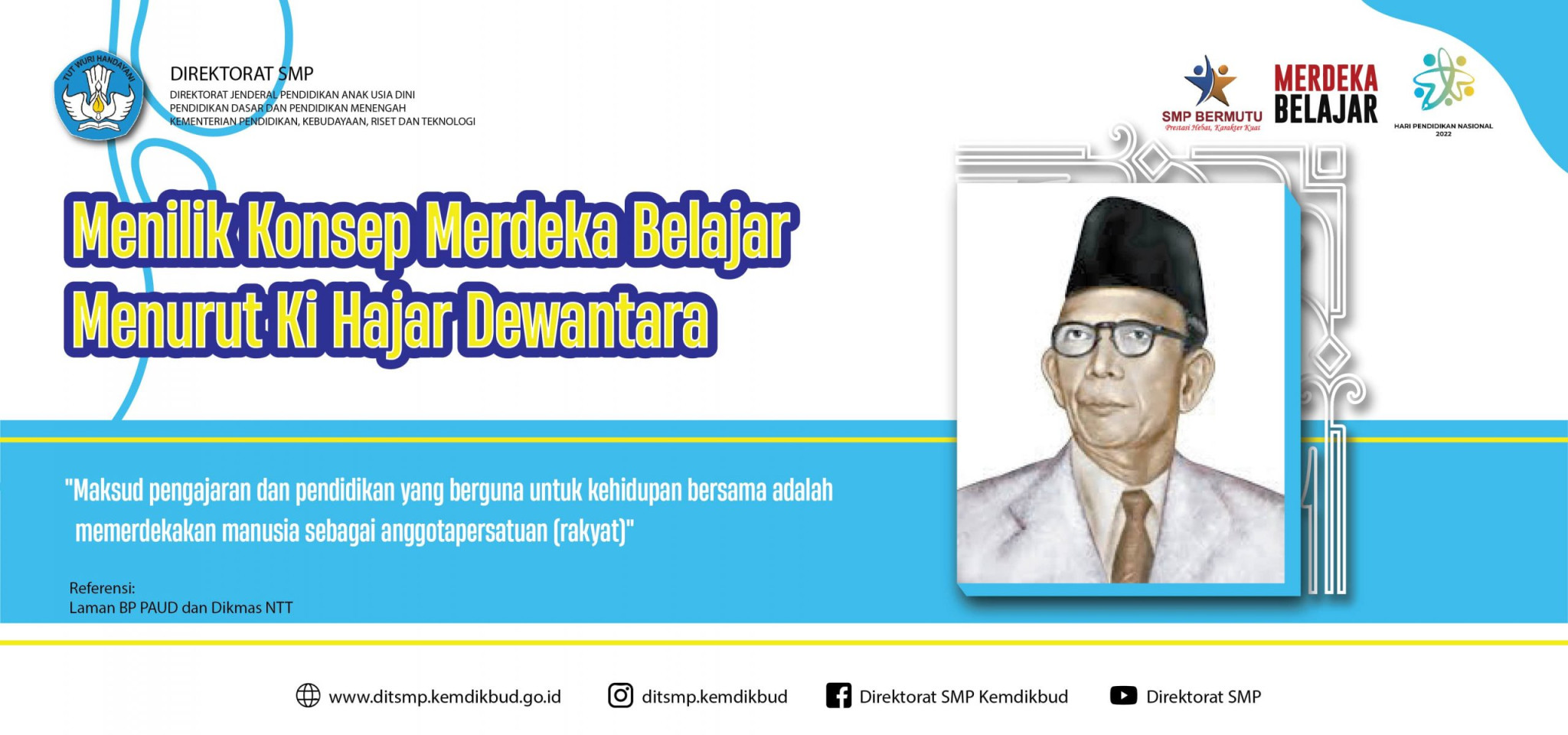
Ki Hajar Dewantara, also known as Raden Mas Soewardi Soerjaningrat, was an Indonesian educator, philosopher, and independence activist. He is considered one of the pioneers of education in Indonesia and is widely regarded as the father of Indonesian education. Ki Hajar Dewantara was born on May 2, 1889, in Yogyakarta, Indonesia.
He played a significant role in shaping the Indonesian education system and advocating for the importance of education in national development. He believed that education should be accessible to all, regardless of their social or economic background. Ki Hajar Dewantara’s ideas and principles have had a lasting impact on the education system in Indonesia.
Solution for Implementing Merdeka Belajar
Implementing the Merdeka Belajar concept requires a shift in the traditional education system. Here are some key solutions for successfully adopting this approach:
Redefine the role of teachers: Teachers should act as facilitators and mentors, guiding students in their learning journey.
Provide learning choices: Students should have the freedom to choose their subjects, projects, and learning methods.
Promote active learning: Encourage students to engage in hands-on activities, problem-solving, and critical thinking.
Personalize learning: Tailor education to meet the individual needs and interests of students.
Strengthen teacher-student relationships: Foster a supportive and collaborative learning environment.
Emphasize assessment for learning: Focus on continuous feedback and improvement rather than relying solely on exams.
Information about Merdeka Belajar Menurut Ki Hajar Dewantara
Merdeka Belajar Menurut Ki Hajar Dewantara is a phrase that translates to Freedom of Learning according to Ki Hajar Dewantara. It encapsulates Ki Hajar Dewantara’s philosophy of education, which emphasizes the importance of freedom and autonomy in learning.
This concept is based on the belief that true learning occurs when individuals have the freedom to explore their interests and passions, make choices, and take responsibility for their own education. Merdeka Belajar Menurut Ki Hajar Dewantara promotes a learner-centered approach that empowers students to become active participants in their own learning process.
Conclusion
Merdeka Belajar Menurut Ki Hajar Dewantara is a concept in education that advocates for freedom and autonomy in learning. It encourages students to take charge of their education, make choices, and explore their interests. This approach aims to foster a love for learning, develop critical thinking skills, and prepare students for the challenges of the future. By implementing the principles of Merdeka Belajar, we can create a more student-centered and engaging education system.
FAQs (Frequently Asked Questions)
1. What is the significance of Merdeka Belajar in the Indonesian education system?
Merdeka Belajar is significant in the Indonesian education system as it promotes a learner-centered approach and encourages students’ active participation in their education. It aims to develop critical thinking, creativity, and problem-solving skills among students.
2. How can teachers support the implementation of Merdeka Belajar?
Teachers can support the implementation of Merdeka Belajar by acting as facilitators and mentors, providing guidance and support to students in their learning journey. They can help students set goals, design learning experiences, and assess their progress.
3. Does Merdeka Belajar mean that students can learn whatever they want?
While Merdeka Belajar emphasizes freedom in learning, it does not mean that students can learn whatever they want without any structure. Students still need guidance and support from teachers to ensure they receive a well-rounded education and develop essential skills.
4. How can Merdeka Belajar benefit students?
Merdeka Belajar can benefit students by fostering a love for learning, developing critical thinking and problem-solving skills, promoting autonomy and independence, and allowing students to explore their interests and passions.
5. What are the challenges in implementing Merdeka Belajar?
Some challenges in implementing Merdeka Belajar include resistance to change in traditional education systems, the need for teacher training and support, ensuring a balance between freedom and structure in learning, and addressing potential inequalities in access to resources and opportunities.

